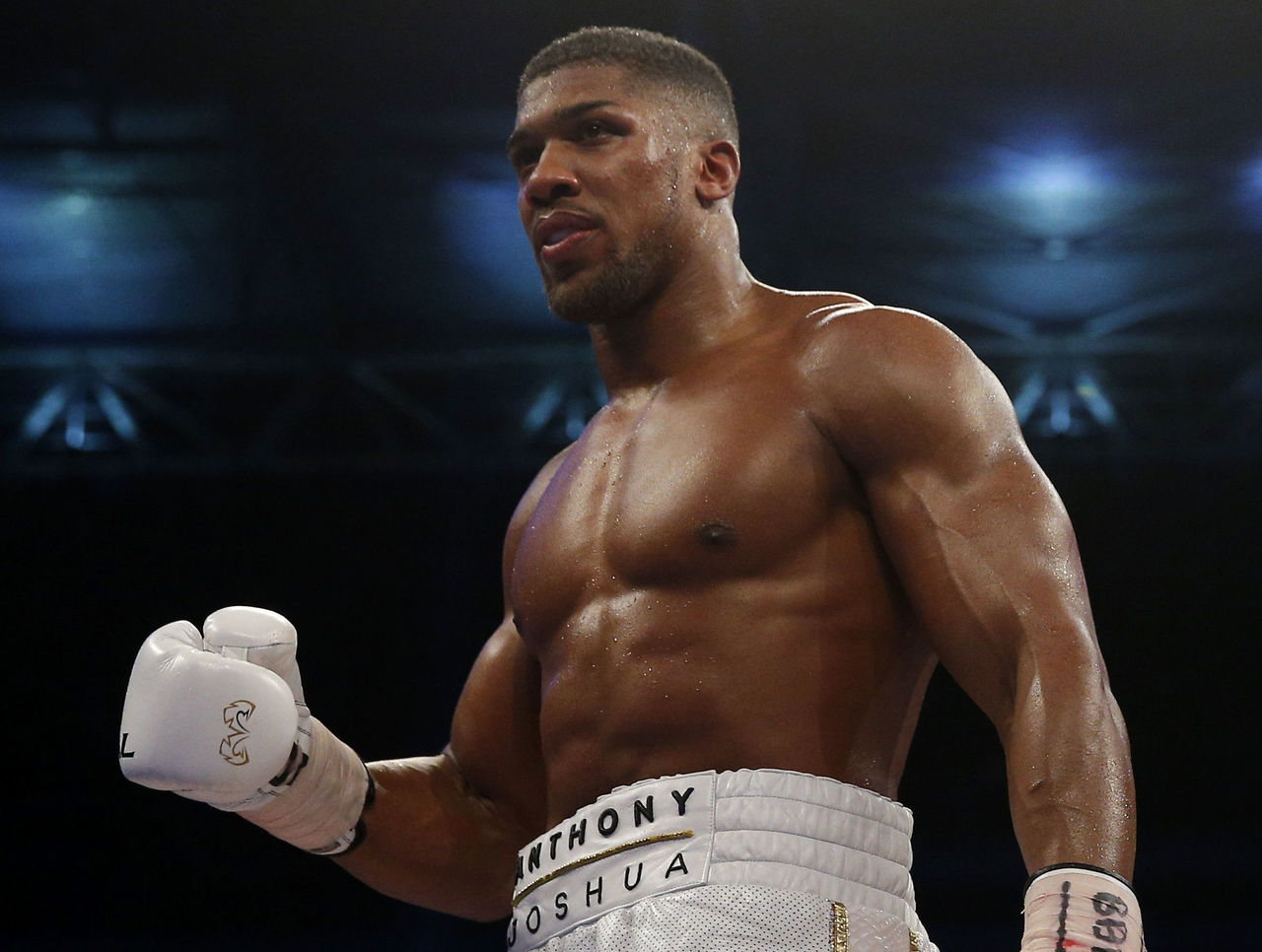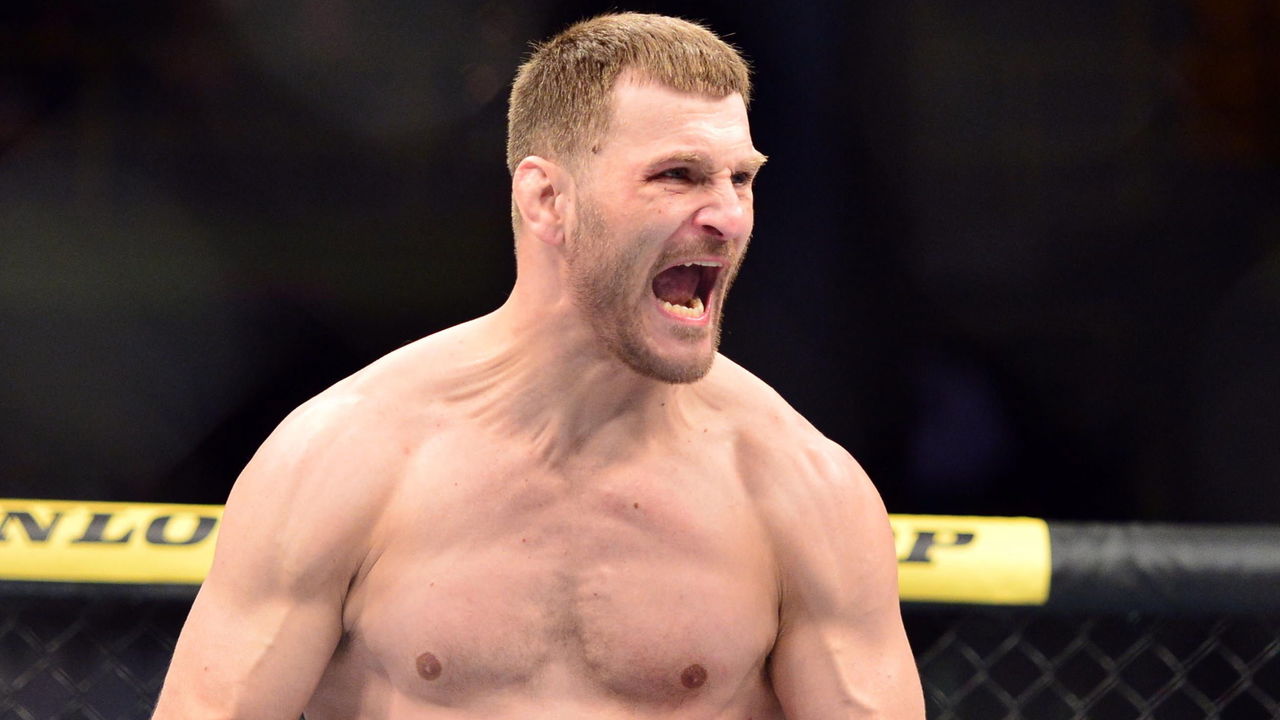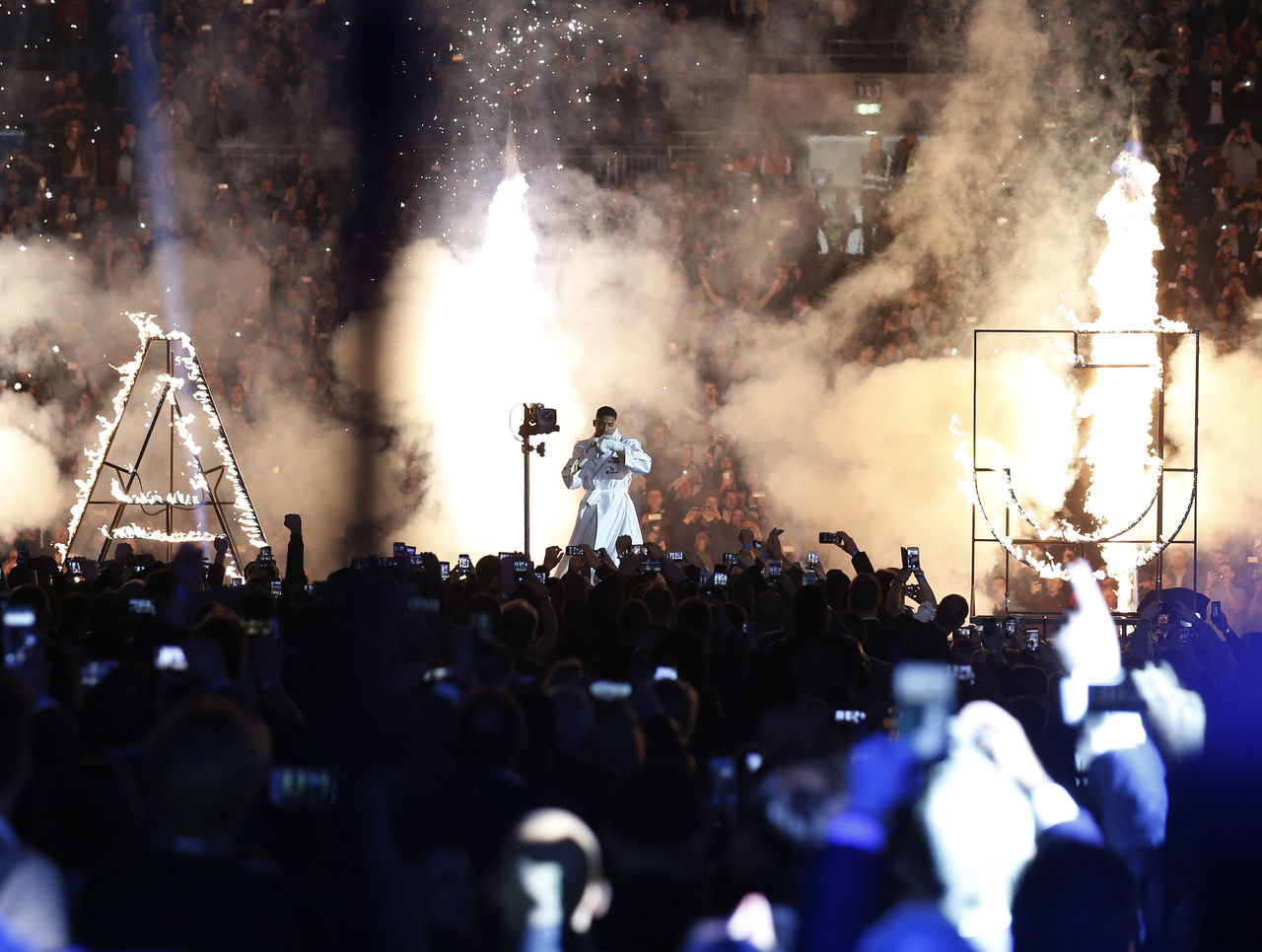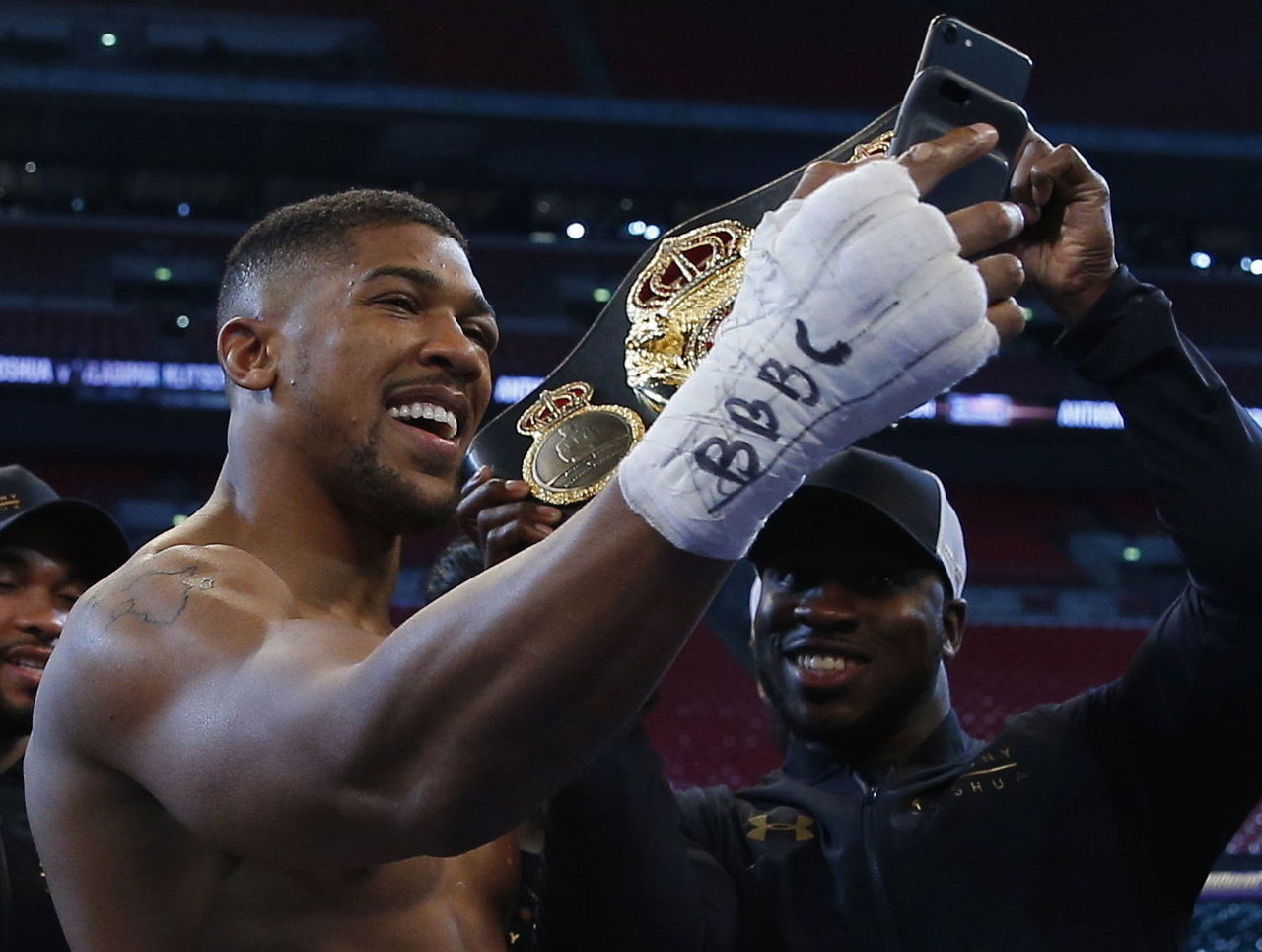How Joshua-Klitschko highlighted the UFC's star-power struggle
We're less than two weeks away from UFC 211, a stacked card featuring UFC champions Stipe Miocic and Joanna Jedrzejczyk defending their titles, and yet the only fight people want to talk about is Anthony Joshua versus Wladimir Klitschko.
That may seem obvious given that the thrilling Joshua-Klitschko heavyweight championship showdown just happened this past Saturday, but it also speaks to the lack of promotion surrounding the UFC's next pay-per-view and its current struggle with developing box-office draws in the absence of Conor McGregor and Ronda Rousey.
The first three UFC PPVs of 2017 have reportedly drawn less than 1 million buys combined, while Joshua-Klitschko may have broken the British PPV record with over 1.5 million buys, according to promoter Eddie Hearn. It also sold out London's Wembley Stadium, a venue with a capacity of 90,000.
This is not about boxing versus MMA, but about how the UFC still has a lot to learn from its big brother.
Ironically, in the wake of the UFC falling under the guidance of WME-IMG, a company that made its fortune on promoting talent in various fields of entertainment, one of the most prevalent problems of the new era has been an inability to give fighters the sort of exposure they need to become mainstream stars.
Some of that is outside of the marketing team's control, as it's a lot easier to market someone like Joshua who looks like British Thor ...

... than UFC heavyweight champion Stipe Miocic, an extremely likable every man who is about as far from a McGregor-type trash talker as you can get. His results are undeniable, but time and time again fight fans have shown that simply being a great athlete doesn't turn you into a moneymaker.

The UFC used to do an excellent job of marketing all kinds of personalities, whether it was the beer-bellied Chuck "The Iceman" Liddell, the aged Randy "The Natural" Couture, or even unassuming jiu-jitsu pioneer Royce Gracie. It used the philosophy of exposing strengths and hiding weaknesses.
Now, fighters have been robbed of their individuality by the company's maligned Reebok apparel deal and entrances that make every match seem the same.
Compare that to how Joshua made his way to the ring on Saturday:

Smoke. Pyrotechnics. His initials in flames. With just 18 pro bouts under his belt, Joshua was presented as the next big thing and he delivered when he actually managed to put Klitschko down in the 11th round.
Presentation and the guarantee of a memorable performance are two of the most basic ingredients to creating a headlining act, and it's exactly how the UFC handled McGregor and Rousey. Even given the inherent charisma advantage those two have, it's unclear why the UFC has failed to explore different ways to boost their lesser known champions.
There has been little effort made to explain why Miocic and Jedrzejczyk's next title defenses are appointment viewing other than the fact that they're happening. Joshua-Klitschko sold the tale of the young lion chasing the once unbeatable champion and that resonated with both the millennial and traditional generation of fight fans.
It's the same reason McGregor and Floyd Mayweather are about to break every box office record in history. Strong storylines and big personalities are what sell.
It doesn't look like Joshua will fall into the matchmaking limbo that has hurt boxing in recent years (and is currently plaguing the UFC now) either, as a rematch with Klitschko or fresh fights with Tyson Fury or WBC champion Deontay Wilder await him.

It's difficult to see Miocic finding similar success even if he goes on to defeat Junior dos Santos at UFC 211 and then break the company record for consecutive heavyweight title defenses in his next fight. And it's not his fault.
The UFC has firmly established itself as its own separate and profitable entity in the combat sports realm, but the instant classic that just took place at Wembley shows that it still has a lot of work to do to conquer the mainstream cultural landscape.
(Photos courtesy: Action Images)